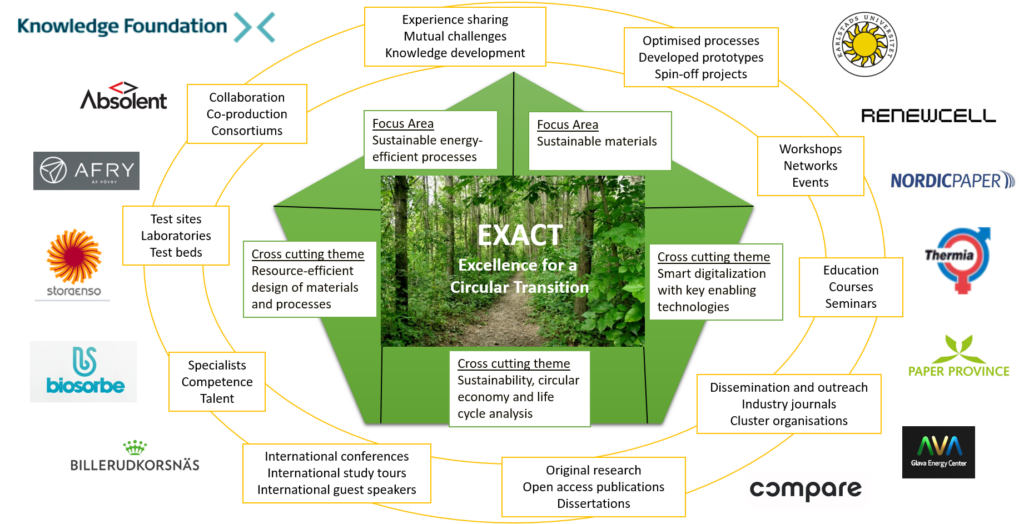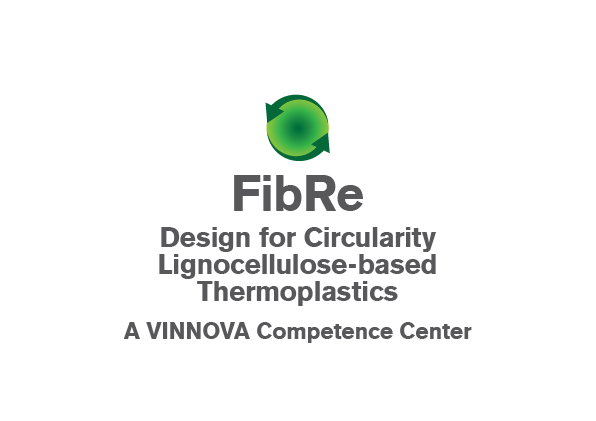Improved uniformity of the fibers liberated in the kraft pulp digester
This project sets out to elucidate mass transport characteristics during delignification of wood chips as a means of understanding and controlling non-uniform delignification effects, associated to low efficiency and poor property control in the current pulping processes. To obtain information on local variations of delignification effect in a wood chip, the treated chips will be […]
Improved uniformity of the fibers liberated in the kraft pulp digester Läs mer »




